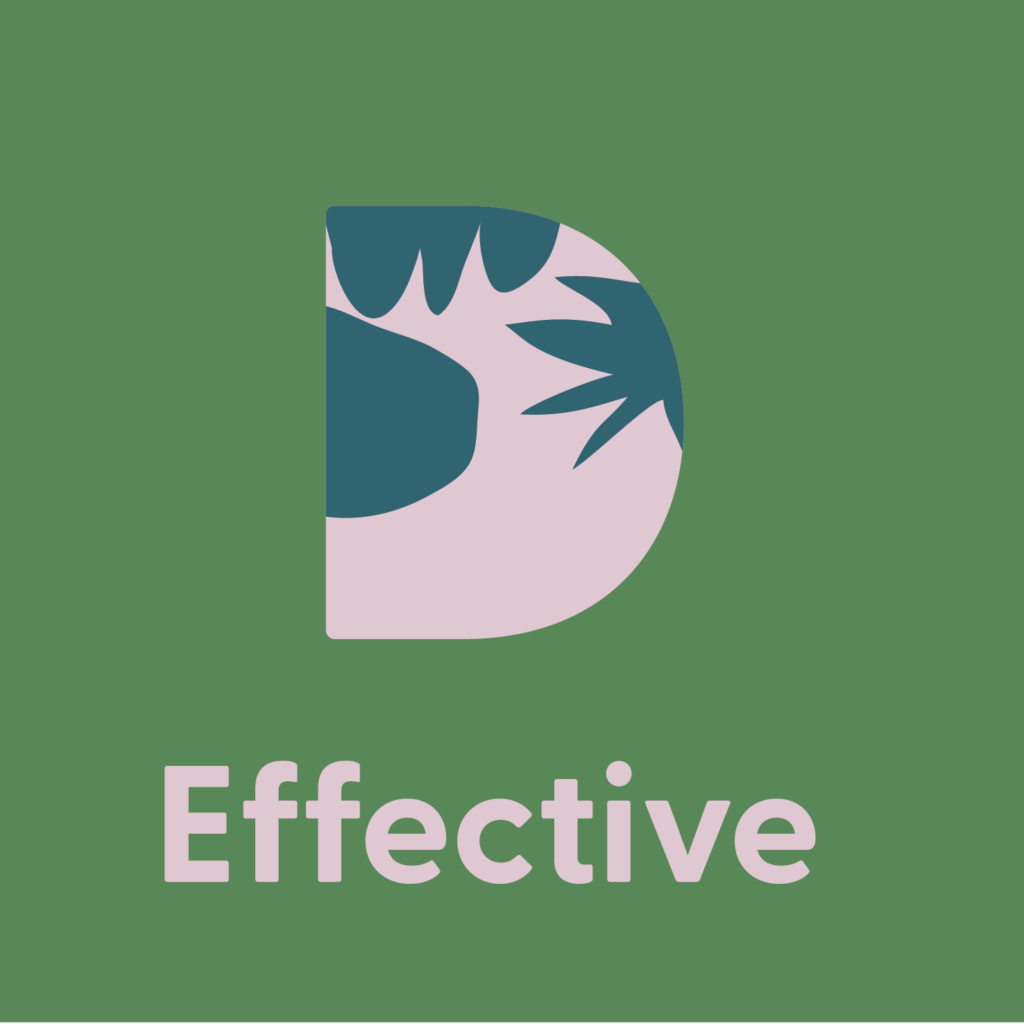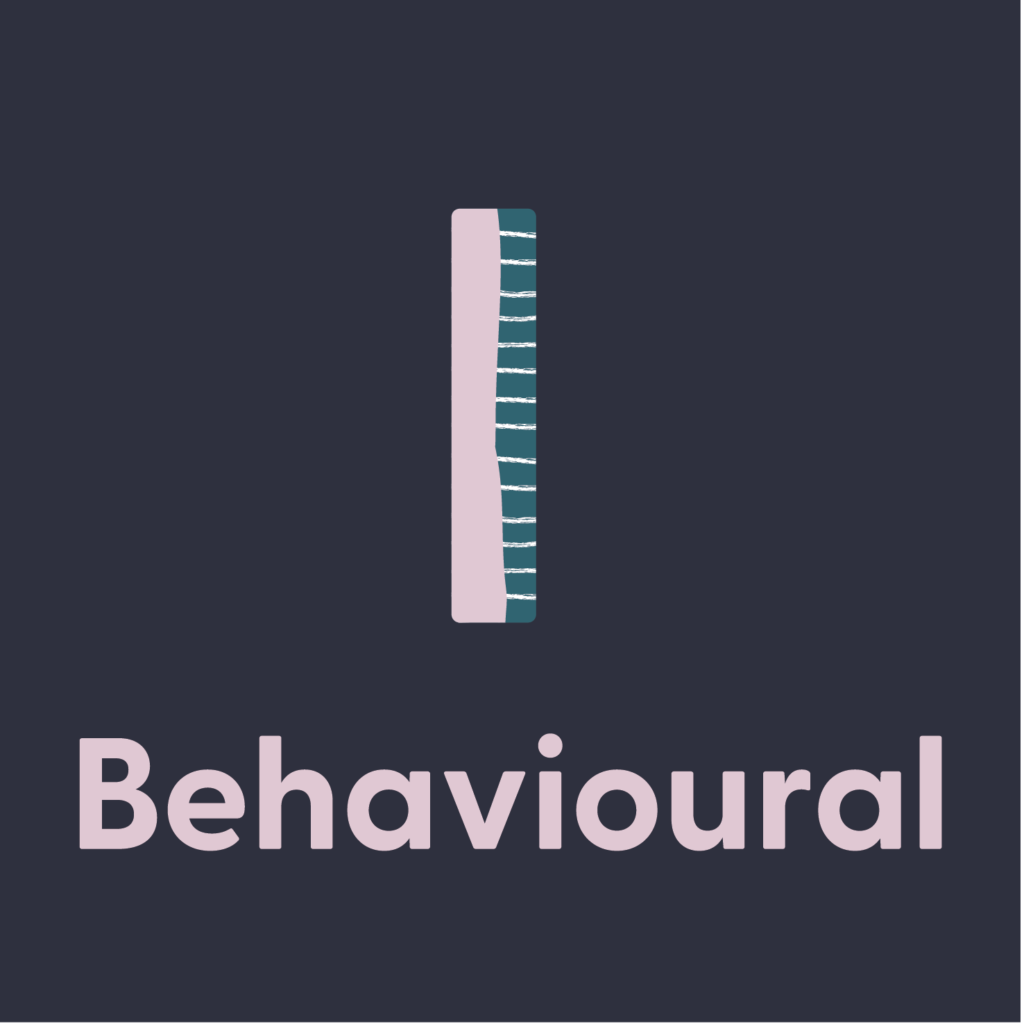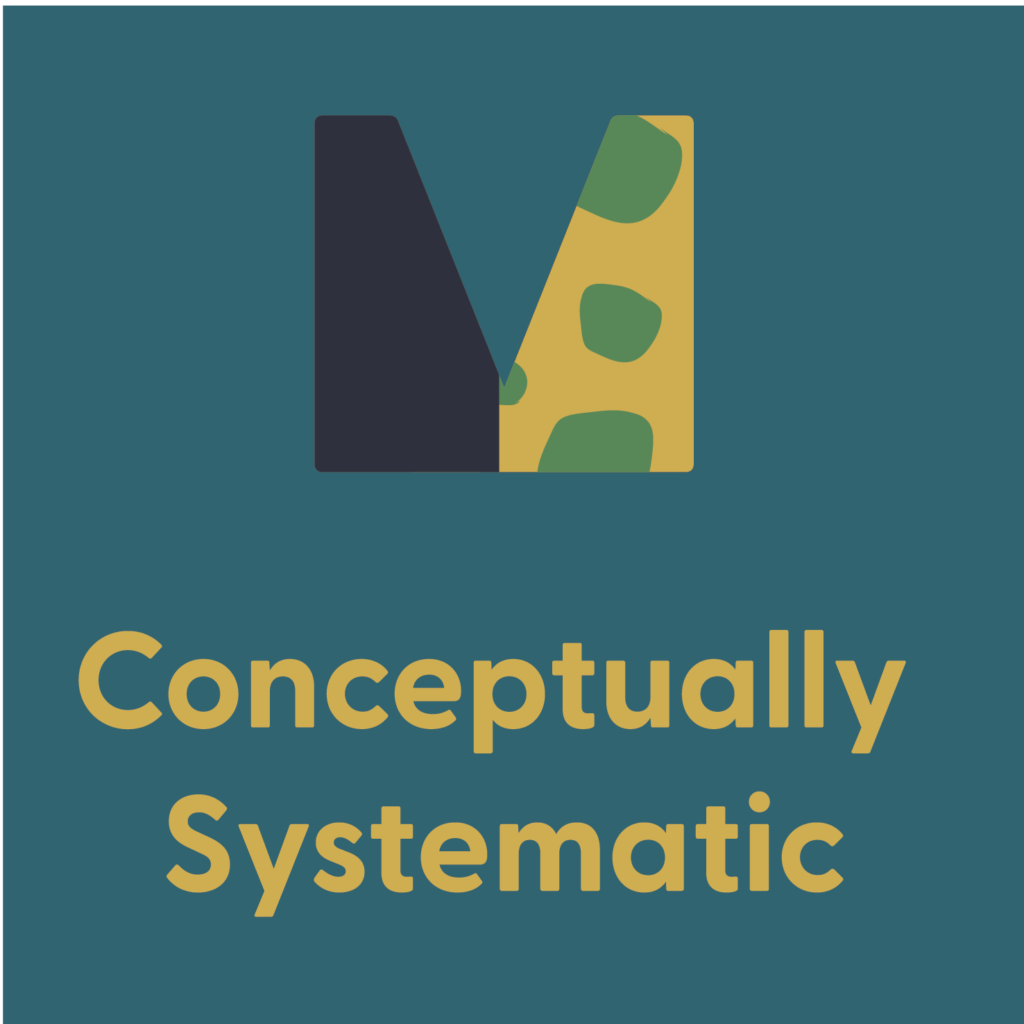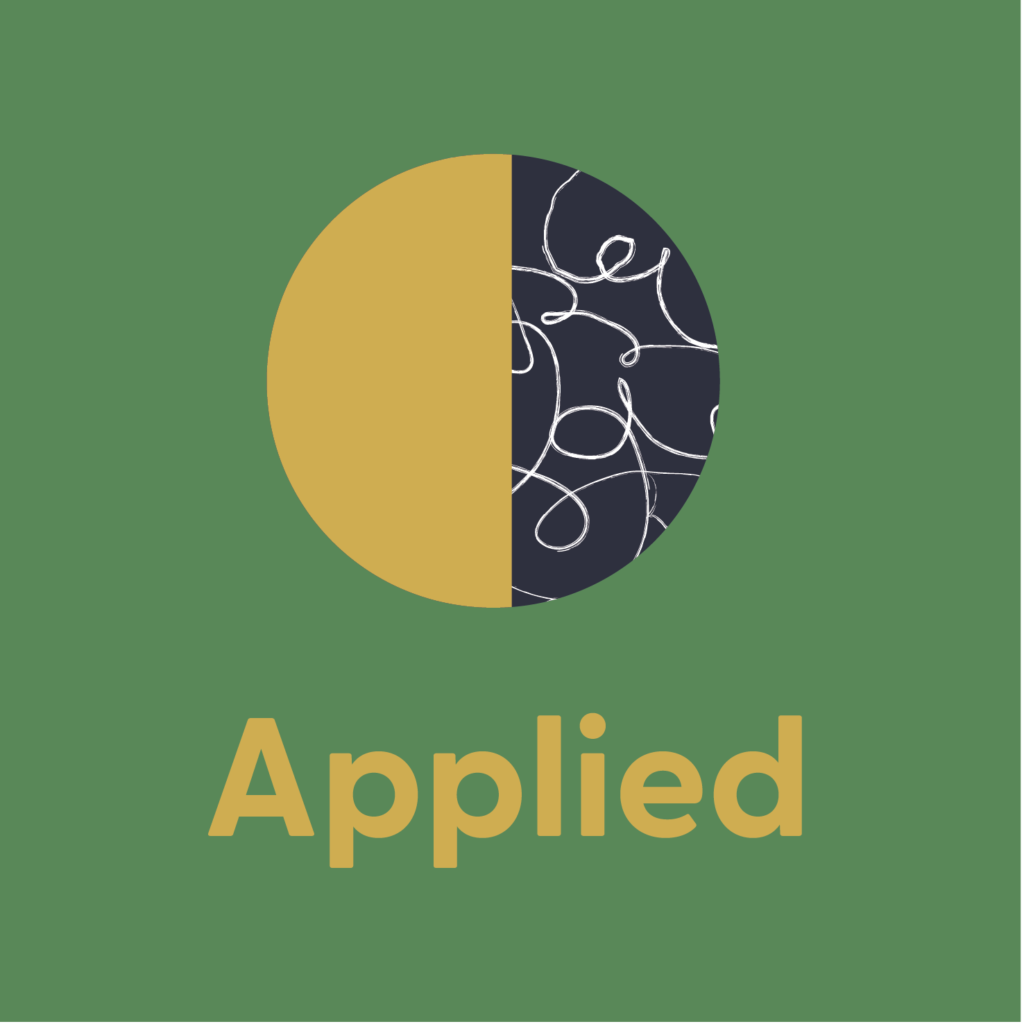The difference between an ABA therapist and a BCBA is that the BCBA develops the programs that will be run in therapy, whereas the ABA therapist carries out the 1:1 ABA programs on a day-to-day basis. In addition to designing behavioral programs, the BCBAs sets the goals that will be worked on in therapy, monitors the progression of the programs, and provides on-going training and guidance to the ABA therapists to ensure learning is always accelerating. In essence, BCBAs create, monitor, and supervise the child’s programs and ABA therapists implement the programs created by the program supervisor/ BCBA. As a team, the BCBA and therapists work together to achieve the common goal of helping the child learn.
Yes! BCBAs have extensive and specific training (as outlined below) on using the science of behavior analysis to treat individuals with autism. BCBA’s ensure that ABA therapy is effective. They do this by conducting assessments and setting the goals that will be worked on in therapy for the next 6-months to a year; they determine the sequence of the programs to ensure your child’s learning follows the appropriate developmental sequence; they determine the best collection systems and behavioral techniques that will maximize your child’s learning; they monitor the child’s data from ABA therapy and ensure learning is occurring. If the child is not learning at an appropriate speed, they modify aspects of the treatment plan to ensure goals are met. BCBA’s have expertise in the management of challenging behavior such as tantrums, self-injurious behaviors, elopement, etc., and implement the proper assessments and develop formalized plans required. BCBA’s are also responsible for the on-going training of therapists on the team and parent coaching to ensure your child masters their programs and generalizes their skills in and outside of ABA therapy.
This depends on the assessment results. At the start of ABA services, the BCBA will complete a comprehensive assessment and set goals that will be worked on in therapy for the next 6-months to 1-year. Once the goals have been established, the BCBA will recommend to either implement a comprehensive ABA based program which typically involves 20-40 hours of therapy per week; or, a focused-ABA based program, which involves about 10-25 hours of therapy per week.
Comprehensive ABA-based programs involve the delivery of about 20-40 hours of therapy per week at in-home, childcare, and other community settings. It focuses on closing the gap between the child’s overall level of functioning and that of their typically developing peers. Focused ABA-based programs involve the delivery of about 10-25 hours of therapy per week. It focuses on a limited number of treatment areas such as self-care, leisure activities, socialization and reducing any behaviors of concern.
Yes, we accept families who are on a self-managed NDIS funding plan.
What's a BCBA?
A BCBA is a board certified individual who specializes in providing and supervising behavior analysis services. Similar to other medical or clinical practitioners such as clinical psychologists, clinical workers, school psychologists, etc., BCBAs must undergo intensive training and schooling to become certified. For example, they must hold a graduate degree, complete specific university coursework requirements, and complete supervised practical clinical experience under the supervision of a specialized behavior consultant. Once they have completed these requirements, they are able to sit for the board examination to become a certified behavior analyst.
Masters' Degree
Coursework
Supervision & Fieldwork
Board Exam
Once certified, BCBAs are required to obtain a minimum amount of continued education courses and training to maintain their certification. In addition, they must abide by the code of ethics requirements set by the Behavior Analyst Certification Board at all times. This code of ethics regulates and serves standards for how behavior analysts must serve their clients and interact with other professions to maintain a high degree of integrity and client trust in the field of Behavior Analysis.
If you would like additional information, go to www.bacb.com
“The more that you read, the more things you will know. The more that you learn, the more places you’ll go.” –Dr. Seuss
The 7 Dimensions of ABA
Involves the development and supervision of Applied Behavioural Analysis (ABA) interventions for children with autism and related developmental disabilities in the Melbourne area.















